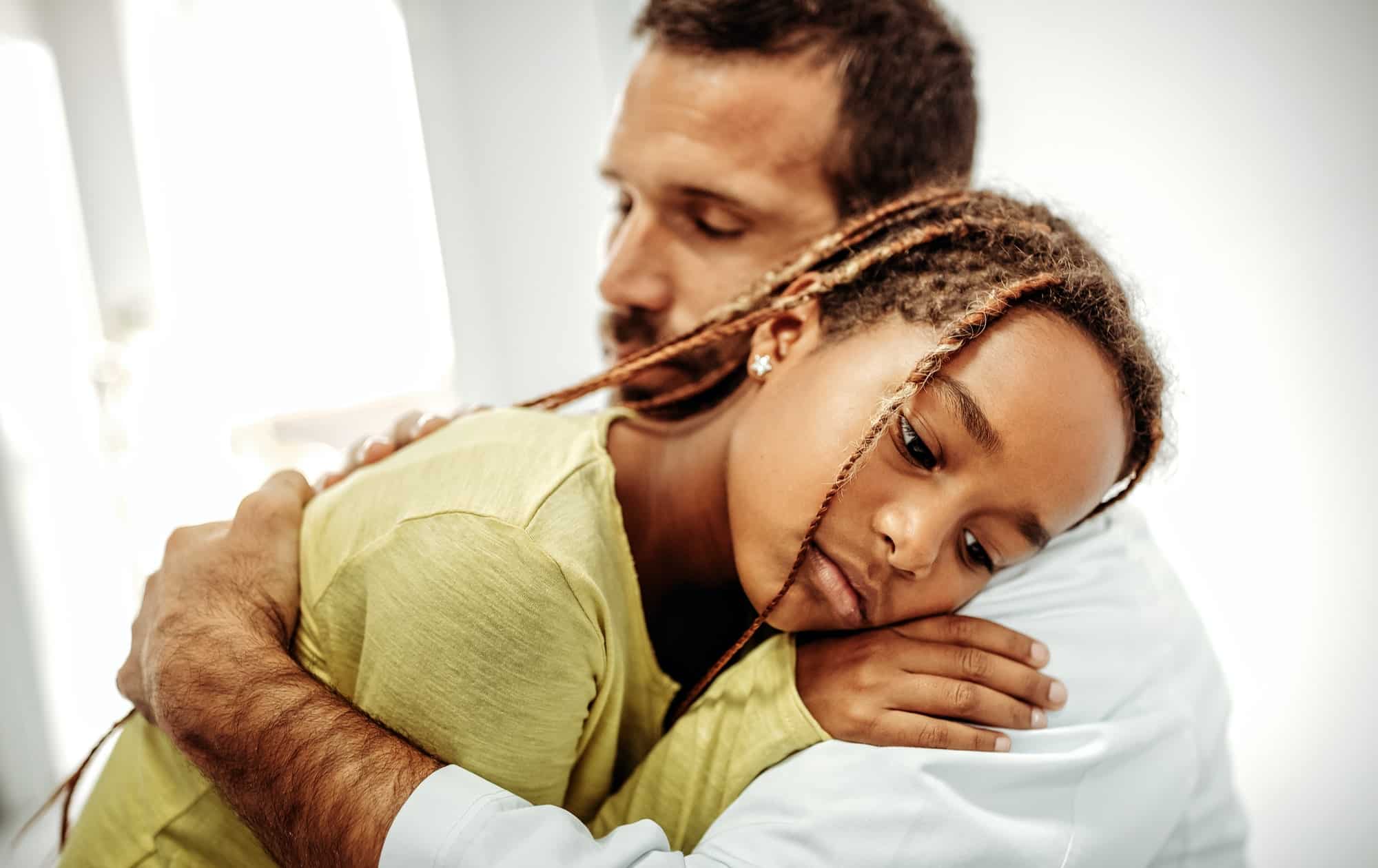Mental depression disorders are widespread and affect many people. Having caring people to be there for you helps, but too often, there’s no one around to pour your heart out to.
Frequently friends and family aren’t only unsupportive but blame you for your situation. That means it’s only you and your depression disorders. Thankfully, your depression isn’t chronic and you can deal with it without depending on someone else.
We’ve put together a few tips to help you. You might not always feel like following them, and that’s completely fine. Just do your best, and don’t let the bad days win.
1. Acknowledge that not everyone can help
You need to understand that it usually has nothing to do with you if someone behaves insensitively towards you. Perhaps no one taught them how to deal with people experiencing an anxiety disorder. Or they don’t know how to be there for you.
In any case, you shouldn’t be harsh with yourself. Move forward in life, and believe that people’s actions towards you have nothing to do with you, and remember that other people have struggles too and don’t always know how to help.

2. Provide yourself with the best care possible
The best place to find support begins with yourself. Don’t depend on anyone else to be there for you. Instead, be there for yourself. It may be challenging to do that, but your efforts matter as much as the outcome.
An effective way to get started is to engage in positive self-talk. Listen to the inner self that is telling you the good things about yourself and believe it.
One of the most significant barriers to mental health treatment is negative self-talk. Watching a feel-good movie or taking a stroll in the park is an excellent way to distract yourself from it.

3. Know that depression is a phase
Many misconceptions about different depression disorders may lead you to develop misunderstandings. If you’re looking for support, that doesn’t mean you’re asking for attention. It just means that you’re trying to hang on until it gets better and want to believe that it will.
Tell your brain that depression is just a phase and not a forever place. Like all stages, depression, too, will pass. No matter what anyone else says, don’t lose sight of what matters the most—believing that your ability to live a fulfilling life will get better.

4. Seek support from somewhere else
Just because your friends and family aren’t there for you doesn’t mean no one is. Support groups can provide the support, understanding, and motivation you need, and one of their most significant advantages is that they’re available both in-person and online.
When you attend the first few meetings of a support group, everyone will seem like a stranger, but it’ll soon change. All of you in the group share a common experience, depression disorders, and it’s quite helpful talking to someone who understands what you’re going through.

5. Disconnect yourself from damaging relationships
One of the best ways to find mental health relief is to distance yourself from damaging relationships. Some people are born mean and hurtful. If possible, remove yourself from their lives. Otherwise, you can try to limit interactions with them and not overthink what they say.
Instead of depending on humans, you can connect with the non-human world to eliminate your worries. The effectiveness of mental health treatment and Mother Nature go hand in hand. Leave your electronic devices at home, find a quiet spot outside, breathe in the fresh air, and heal.

A Final Word
Going through depression alone is painful and scary, especially when you don’t have people to talk to. That’s okay; you don’t have to depend on others to feel better.
With that said, if you ever feel like you can benefit from psychotherapy, contact Dr. Ndubaku at Quality Psychiatric Health and Wellness. She’s with you every step of the way to help you become the inspiring person you are on the inside.


